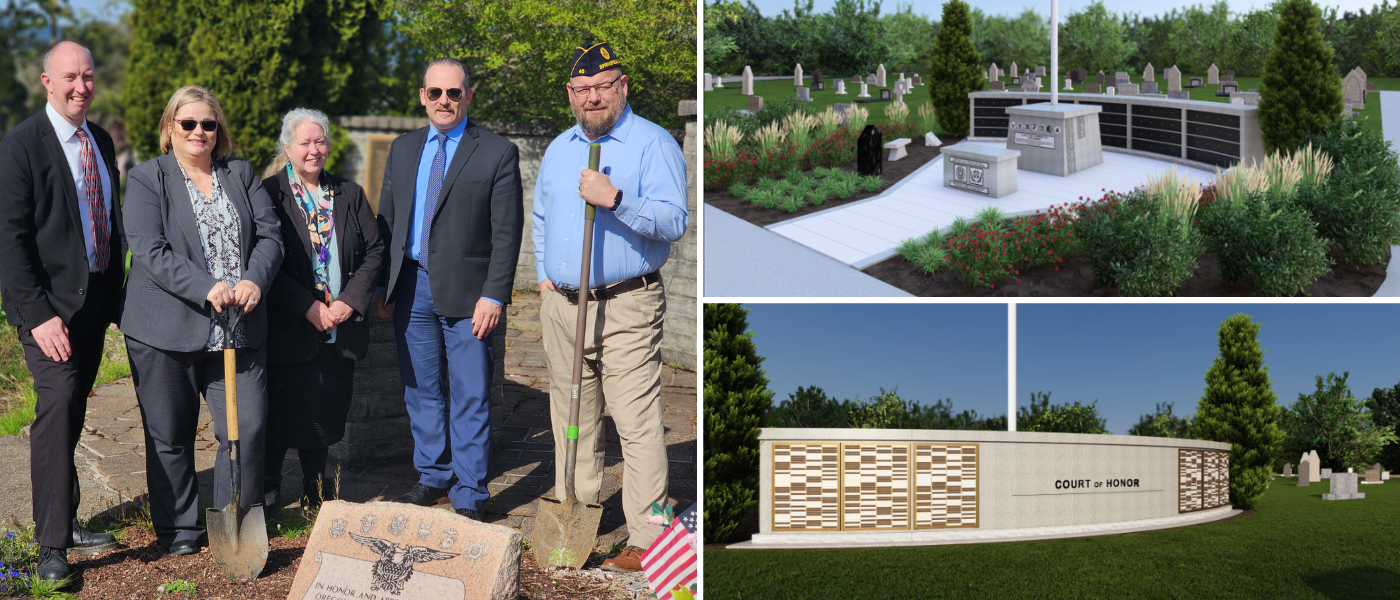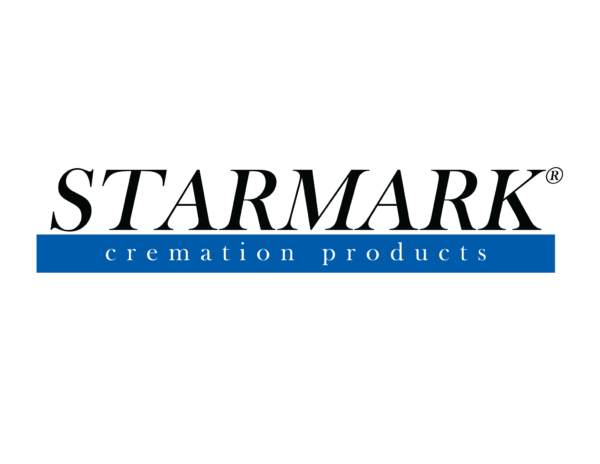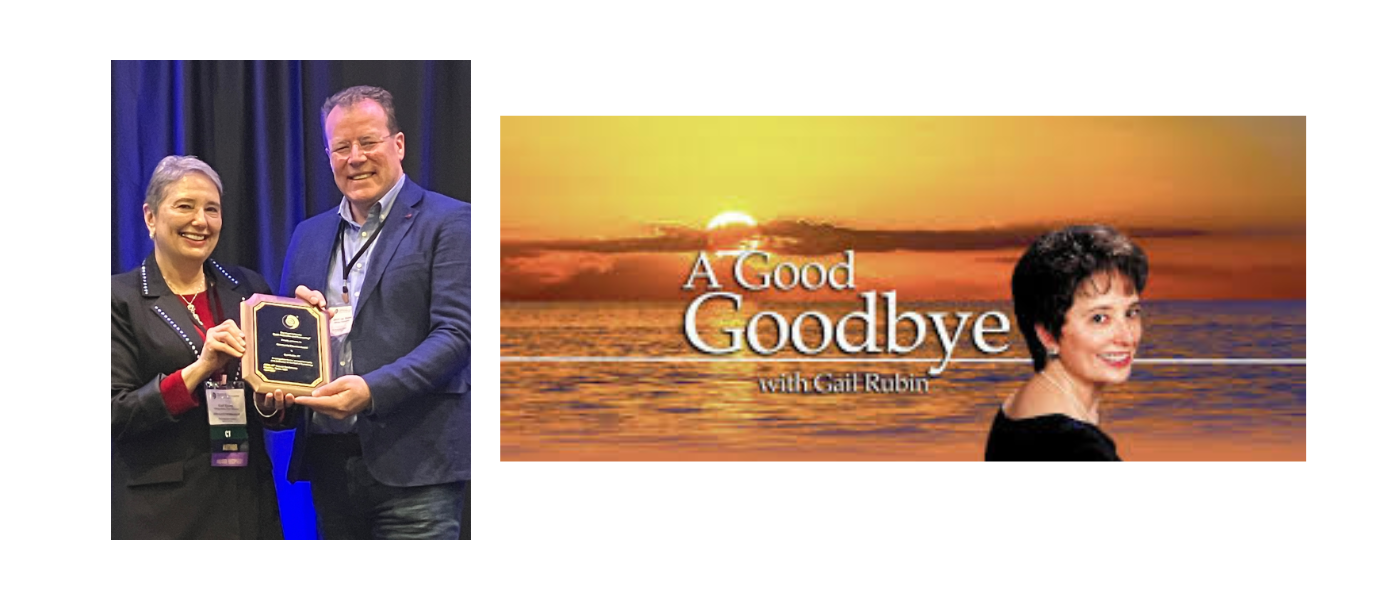CBS Affiliate Taps a New Revenue Stream, Through Obituaries?
 NEW YORK (AdAge.com) — From death sometimes comes life: A CBS affiliate in Saginaw, Mich., is generating revenue by running on-air and online obituary ads after three of the region’s four daily newspapers reduced publication to three days a week. The venture could make obits “one of our top billers within two years,” said Jeff Guilbert, general sales manager of WNEM.
NEW YORK (AdAge.com) — From death sometimes comes life: A CBS affiliate in Saginaw, Mich., is generating revenue by running on-air and online obituary ads after three of the region’s four daily newspapers reduced publication to three days a week. The venture could make obits “one of our top billers within two years,” said Jeff Guilbert, general sales manager of WNEM.
For $100, the station will run the deceased’s name and photo on-air and publish a full-length obituary on ObitMichigan.com. Full-screen graphics listing names of people who have passed away are broadcast during the local station’s morning and noon shows Monday through Friday, as well as on weekend morning shows. Viewers are pushed to the website for more information about the deceased as well as funeral-services information.
The station’s owner, Meredith Corp., expects to roll the concept out to its other stations and says it is also in licensing discussions with other station groups. Newspapers “have dominated” obituaries “for so long and set the price on everything,” said Tom Cox, VP-broadcast solutions at Meredith’s local media group. Funeral directors and mourners “are now comfortable with the technology to take a look at an alternative.”
At $100 an obituary, it’s not clear that WNEM or Meredith has really tapped a massive vein of cash. Revenue from obituaries “is a teeny subset” of overall newspaper-classified revenue, said Mort Goldstrom, VP-advertising at the Newspaper Association of America. Fees charged by papers can range from as high as $1,000 for a major metro to a few hundred dollars for a midmarket paper. And many small community and weekly newspapers still run obituaries for free.
Yet the TV station’s desire to go after a category of advertising typically dominated by local papers offers further evidence that old ways of conducting business in the media are, well, being put to rest. With technology and the economy destabilizing print, TV and other venues, most media execs are willing to try an unusual ploy if it means a new source of revenue. In the past, broadcast might vie with broadcast and print with print. Now, cable, broadcast, newspapers, magazines and websites all compete for the same ad cash.
Meeting demand
WNEM executives said they couldn’t ignore demand from the local community. “I got some phone calls” and “one or two e-mails,” said Al Blinke, WNEM’s VP-general manager, “from some people who just said, ‘If we can’t get obits in the newspaper every day of the week, is there anything you can do to put it on TV?'” The station quickly assigned a sales staffer to check in with regional funeral directors and assigned another employee the task of building software to handle collecting the information.
WNEM started running obituaries in August at no charge, to get people familiar with the service and to work out any software bugs. Since launching as a paid service in early September, executives said, the station has over 700 obituaries in its system.
The new revenue stream probably offers some cause for optimism. Ad spending on local English-language TV overall was off 27.1% in the first nine months of 2009, according to TNS Media Intelligence, which cited lackluster activity by automotive marketers and retailers as the cause. Local-TV ad spending was off 2.8% in 2008, per TNS.
One local funeral director said he probably would not have considered the TV stations as an obituary outlet if the local paper hadn’t changed its publishing schedule. “We had seven-days-a-week coverage with newspapers that the community was looking for,” said Douglas J. Luczak, owner of Gephardt Funeral Home in Bay City. Area funeral directors also considered radio, but said they were concerned about mourners’ names being mispronounced.
The new obituaries are also prompting a change in the way people go about their daily routine, he said. “The biggest issue that we have is the elderly people that don’t have the ability to pay for internet access or don’t have a computer. Now they see it flash on TV and those that don’t have a computer can call the funeral home and ask for information,” Mr. Luczak said.
Source: AdAge.com



